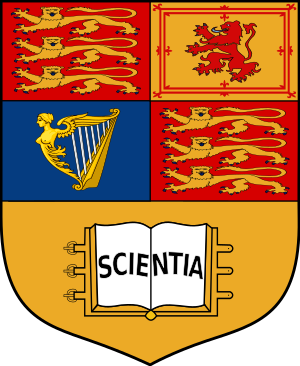 25
25 


Imperial College London is one of the world’s leading universities. The College’s 20,000 students and 8,000 staff work to expand the frontiers of knowledge in science, medicine, engineering and business, and translate their discoveries into benefits for society. Founded in 1907, Imperial builds on a distinguished past, having pioneered penicillin, holography, fibre optics and metamaterials. Imperial researchers work across disciplines to improve health and wellbeing, understand the natural world, engineer novel solutions and lead the data revolution. This blend of academic excellence and its real-world application feeds into Imperial’s exceptional learning environment, where students participate in research to push the limits of their degrees. Imperial is the UK’s most international university, according to Times Higher Education, with academic ties to more than 150 countries. Reuters named the College as the UK’s most innovative university because of its exceptional entrepreneurial culture and ties to industry. The institution boasts 14 Nobel Prize winners and three Fields Medalists. Current staff include IVF pioneer Robert Winston, roboticist Maja Pantic, drugs expert David Nutt, cancer researcher Wendy Atkin and astronaut Helen Sharman. Famous alumni include science fiction author HG Wells, penicillin discoverer Alexander Fleming, Queen guitarist Brian May, former Indian prime minister Rajiv Gandhi, and space scientist Maggie Aderin-Pocock.
 25
25 
| Subject | Rank |
|---|---|
Automation & Control | 3 |
Energy Science & Engineering | 4 |
Mechanical Engineering | 8 |
Clinical Medicine | 8 |
Electrical & Electronic Engineering | 12 |
Finance | 14 |
Human Biological Sciences | 16 |
Public Health | 17 |